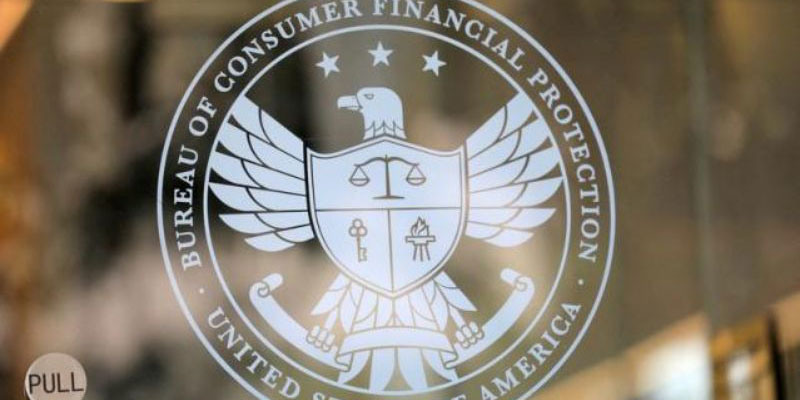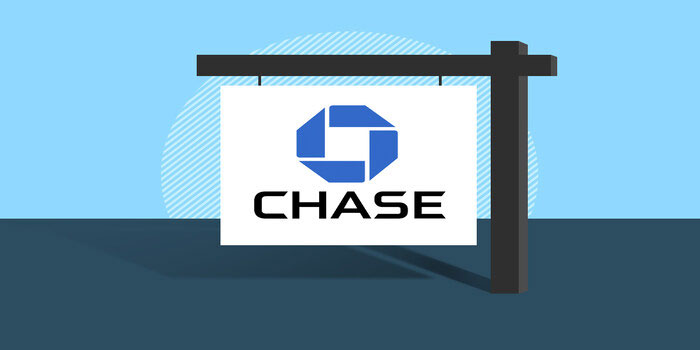JPMorgan Chase Fueling Growth through Wholesale Payments Technology
Nov 07, 2024 By Pamela Andrew
Introduction
In 2024, JPMorgan Chase continues to invest in the wholesale payment business by strategic investment in advanced technology. Being one of the biggest financial institutions in the world, this bank has to ensure it remains competitive within this rapidly moving financial current play by focusing one area: wholesale payments technology.
Wholesale payments provide the movement of large sums between business and banking clients as they are as vital for global trade and commerce as any other. Bank JPMorgan Chase will look for more efficient and secure services by integrating on-the-go tools such as real-time payments (RTP), blockchain, and open banking solution. The bank streamlines its payment infrastructure through its move towards faster, frictionless transactions and to manage real-time data for financial operations. This investment well aligns with emerging trends in digital payments, where businesses seek more control, speed, and transparency in their financial processes.
Real-Time Payments: Reshaping Wholesale Transactions
One of the dominant aspects of JPMorgan Chase investment in technology is the adoption and expansion of RTP, real-time payments. This type of system will allow businesses to transfer funds instantly, thereby ensuring fluidity and operational efficiency not readily available with traditional modes of payment. This ensures that corporate clients' payments become paid and received through RTP around the clock, even beyond banking hours, which goes to the crux of payroll operation and urgent fund transfers and vendor management.
Integration with RTP also enables the clients to optimize their cash flow in real-time. Higher availability of funds will enable the firms to reduce reliance on credit lines and make more strategic decisions. The wholesale payments arm of JPMorgan Chase also derives the benefits of automation tools in the RTP systems, which also help to smoothen out reconciliation and reporting while reducing operational friction for business clients.
Cross Border Payments and Blockchain Innovation

JPMorgan Chase also uses blockchain technology to improve cross-border payments. Cross-border transactions usually involve a large number of financial institutions that create more costs and delays. The Liink is a proprietary blockchain solution owned by the bank that helps in reducing settlement times while providing transparency and better transactional fees in international payments. This makes it easier to transfer funds across the globe with the least amount of delay to businesses, further improving global trade and supply chain operations.
For this reason, JPMorgan Chase is planning to invest in blockchain-based systems, which will make it a forerunner for cross-border payments, ensuring businesses undertake transactions peacefully and across multiple borders. Borderless payment focus is particularly important for businesses because they are increasingly involved in international trade, including the need for secure financial solutions that will align with business operations.
Open Banking and API-Based Solutions for Customers

In addition to real-time payments and blockchain, JPMorgan Chase is embracing open banking frameworks that can further connect its payment systems to third-party providers. Open banking allows clients to integrate financial services directly into their platforms using APIs, creating seamless payment experiences. The bank embeds financial tools into business software to help manage the client's payments, liquidity, and accounts in one place without having to switch between systems.
Embedded finance represents another integral trend which open banking inherits; open banking embeds financial services within the non-financial ecosystems. This innovation empowers JPMorgan's clients to automate payment workflows, improve cash flow forecasting, and simplify complex financial operations. Their clients will directly have access to real-time data, which will allow them to make financial decisions with more accuracy.
Enhancing Wholesale Payment Security and Compliance
Investing in wholesale payments technology, JPMorgan Chase does not just build speed and innovation but rather goes to the core aspects of security and compliance. The bank utilizes AI-powered fraud detection systems that trace transactions in real time, fast enough to detect and neutralize potential danger before it accelerates. The system, therefore learned from the history of data and was trained to recognize any unusual activity, hence ensuring that funds are always safe for its clients.
Beyond that, JPMorgan's payment systems are also compliant with global regulatory standards, which helps it monitor and be up to date with latest financial legislations. The automated compliance tools within its wholesale payments infrastructure keep the bank highly compliant with the relevant regional and international regulations, giving clients confidence in making high-value cross-border transactions.
JPMorgan Chase is further integrating automation and AI within its wholesale payments processes. It has reduced manual workloads as well as increased efficiencies. Payment reconciliation, invoicing, and compliance reporting can be done by AI systems to trigger accuracy and velocity. It frees human resources that can focus on higher-value activities to the benefit of both client services and operational performance.
Predictive analytics also supports the operational objectives of the bank as it predicts payment trends, through which potential bottlenecks that may affect clients can be readily identified. That way, there is a possibility of ensuring that high transaction volumes do not hit the wholesale payments operations.
Supporting Global Growth and Market Expansion
Beyond the investment in technology, the wholesale payments strategy at JPMorgan Chase and the core guidance it indicates reveal a further underpinning-there is a commitment to growth globally and in extending into client bases. More institutional clients can now be attracted, and the relationships with already partnered clients will have the necessary strength. It prevents a bank like JPMorgan Chase from losing ground as a key business partner in dynamically challenging financial conditions.
In this manner, the bank can also venture into new markets by targeting industries and regions where complex payment infrastructure is needed. Increasingly globalized businesses will find a willing partner in meeting the needs of multinational corporations and institutional clients with JPMorgan's wholesale payments solutions.
Future Plans: Scaling Innovation in Wholesale Payments
The company would further enhance its wholesale payments capabilities with new products in the way of AI-based forecasting tools and deeper integration with blockchain networks. It would empower their clients to get a better understanding of their payment flows, hence better liquidity management and reduced risk mitigation. The company would also enter fintech partnerships in order to co-develop innovative payment solutions to stay ahead in financial innovation.
With that, JPMorgan Chase will invest in technology as it scales the wholesale payments infrastructure because of the need for the future market. The proactive approach in adopting technologies provides assurance on its ability to quickly respond to shifts in financial landscapes, thereby providing leading-edge services reflecting business needs and changes within the institutional need.
Conclusion
In the wholesale payments technology, JPMorgan Chase is driven to develop innovation and efficiencies for the financial services firm. The bank is ensuring real-time payments, blockchain, open banking, and automation in order to provide better seamless, secure, and scalable payment solutions to clients. These investments not only improve performance but also strengthen the driving positions of the bank in global payments space.
-
 Know-how Jan 16, 2024
Know-how Jan 16, 2024Consumer Financial Protection Bureau (CFPB)
The CFPB is a government organization that keeps an eye on consumer banking services and other financial offerings.
-
 Mortgages Jan 01, 2024
Mortgages Jan 01, 2024An Extensive Chase Mortgage Review 2022
If you're already a Chase customer, you might get a better deal on your mortgage from Chase than from other lenders. If you're looking for a loan, consider browsing around before committing to Chase because of its low customer service scores and history of regulatory actions.
-
 Mortgages Jan 21, 2024
Mortgages Jan 21, 2024Review of Upstart Car Loans
To those with good to exceptional credit, Upstart Car Loans is a lending platform offering vehicle loans. Borrowers' creditworthiness is determined, and their interest rates are set using AI and machine learning algorithms developed by the firm. Upstart Finance provides loans between $1,000 and $50,000 with interest rates between 3.69% and 35.99%. Options for car loan refinancing, fast funding, and a soft credit inquiry that won't hurt your score are all features of this site. There may be better choices than this if you need a loan for a more costly automobile or have a low credit score.
-
 Investment Dec 17, 2023
Investment Dec 17, 2023Best Growth Funds to Invest in Long-Term
Investing mostly in growing companies was one of the best bets for financial success over the last decade. Stocks in firms with superior profits, cash flow, and sales growth prospects compared to their industry counterparts. Consequently, their stock values might increase rapidly amid favorable economic circumstances, like a bull market with low-interest rates.
